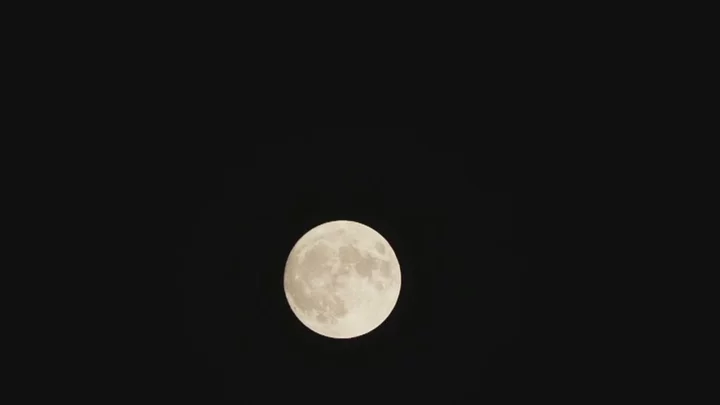The Moon is a constant in the night sky, but all is not actually as it seems.
It turns out that scientists have discovered the Moon is drifting away from Earth, and it’s changing everything we thought we knew about our planet’s relationship with its only natural satellite.
It’s also having a very real impact on the length of days on our planet – albeit at an incredibly slow rate.
By moving away from Earth over the course of millions of years, the Moon is simultaneously making the length of the average day longer.
A study by a team at the University of Wisconsin-Madison focused on rock from a formation aged at 90 million years. By doing so, they were able to analyse the Earth’s interactions with the Moon 1.4 billion years ago.
It turns out that the Moon is moving away from Earth at us at 3.82 centimetres a year. That means that, eventually, it’ll result in Earth days lasting 25 hours in 200 million years time.
Stephen Meyers, who is a professor of geoscience at the University of Wisconsin-Madison, said: “As the moon moves away, the Earth is like a spinning figure skater who slows down as they stretch their arms out.”
He added: “One of our ambitions was to use astrochronology to tell time in the most distant past, to develop very ancient geological time scales.
“We want to be able to study rocks that are billions of years old in a way that is comparable to how we study modern geologic processes.”
It’s not the only story that changes our understanding of the Moon recently.
Scientists have also just uncovered billions of years’ worth of secrets buried beneath the surface of the moon – all thanks to China’s space programme, which has uncovered hidden structures which can help us start to piece together the Moon’s past.
Sign up for our free Indy100 weekly newsletter
Have your say in our news democracy. Click the upvote icon at the top of the page to help raise this article through the indy100 rankings

